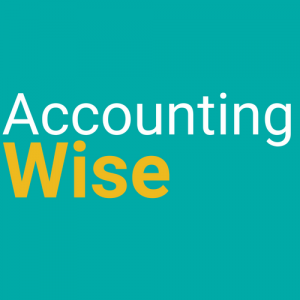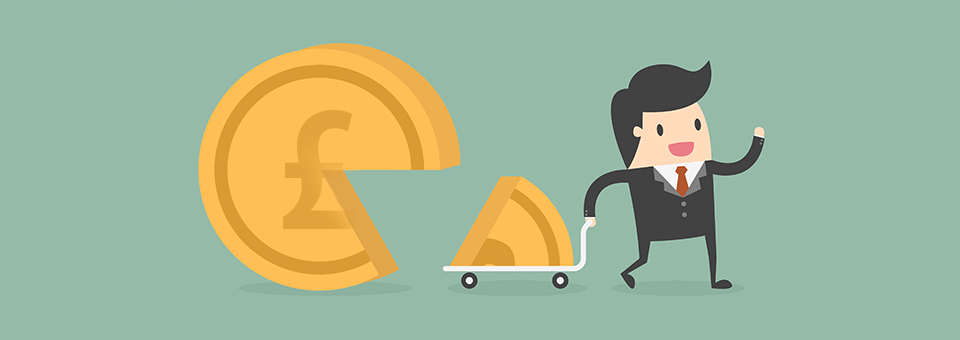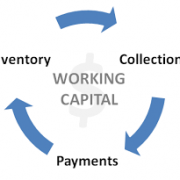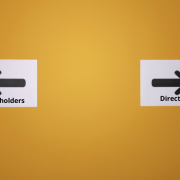How to pay yourself from your business
How to pay yourself from your business
Every year when the personal allowance and the tax bands change, one of the biggest dilemmas you face if you run a limited company is how much to pay yourself and what type of income is best (dividends versus salary) for your business.
In this article, we outline what methods other directors of their own company might use, before you discuss what action to take with your accountant.
A Salary
By receiving a salary in excess of £503 per month, you maintain your National Insurance records giving you access to certain state benefits such as the state pension. Furthermore, the salary is a tax-deductible expense for your company and, assuming your company is your main source of income, your monthly salary payment should not be subject to tax or National Insurance (up to a maximum of £702 per month for 2018/19).
If you do opt to pay yourself a salary above £503 per month, your company will need to be registered as an employer and run a payroll which complies with Real-Time Information (RTI) rule.
Remember that the employment allowance for sole-director limited companies was abolished but pay yourself a salary may still have many advantages.
What is a dividend?
Your Board of Directors can decide if dividends should be paid to shareholders and how much. Dividends must be paid out of profits and will be paid to shareholders in accordance with the level of their shareholding. They are not tax-deductible expenses and there must be paperwork to document dividends, such as a Board minute and dividend voucher.
The tax on dividends
From April, the first £2,000 of dividends is covered by the dividend allowance and is tax-free. Dividends more than the dividend allowance are subject to the following rates:
- Basic rate – 7.5%
- Higher rate – 32.5%
- Additional rate – 38.1% (please note that if your income is more than £100,000 your personal allowance starts to get restricted)
Example
For this example, we will assume that you have no other income, because any other source of income (such as rental income, interest etc.) would impact on your tax position.
Your annual salary is £8,424, made up of 12 monthly payments of £702. By drawing this from your company, you can then pay yourself £2,000 plus the remainder of your personal allowance as dividends without any tax i.e. £2,000 + (£11,850 personal allowance less the salary of £8,424) = £5,426. This means a total of £13,850 will be tax free (dividend allowance plus the personal allowance).
Once the above has been taken into consideration and you have claimed your personal and dividend allowances, the next £34,500 of income will be subject to tax at a rate of 7.5%.
If the dividend income exceeds £34,500, it will attract tax at a rate of 32.5%.
Other ways to pay yourself
There are also other options available if you need to take money out of the company:
- Consider transferring shares to spouses
- Make a claim from the company for ‘use of home as office’
- Make pension contributions from the company
- Charge the company interest on any loans you’ve given to it
But with all these options, there are considerations and criteria to take into account, as well as paperwork to get in place. We would not recommend doing any of these without taking advice.
A Sting in the Tail: Payments on Account
A payment on account is an instalment you pay towards the tax due in the following year. You’ll be expected to make a payment on account if your tax bill exceeds £1,000 and if you don’t have a lot of tax deducted at source (i.e. PAYE).
If you receive dividends that exceed your personal allowance and dividend allowance, you’ll almost certainly have a tax bill to pay. And if you receive taxable dividends above £13,333, they’ll attract a tax rate of 7.5% and subsequently you are likely to have a tax bill in excess of £1,000.
If your tax bill is more than £1,000, you will have to pay this tax bill and a payment on account- which is half your bill again. This can be a significant and an unexpected cost.
What you can do to avoid Payments on Account
Payments on account are due for payment in January and July. To reduce the impact on your cashflow, you could decide to have some of your tax collected through your tax code. If you opt to have tax collected through your tax code, you will find larger deductions of tax are made from your monthly salary from the company and you have less net pay. But come January and July, you should have much smaller payments to make.
Just like we pay our utility bills monthly by Direct Debit, some people prefer to ‘pay as you go’ and avoid any big expenses, so they’ll prefer the tax code option.
Other people prefer to keep their cash in their bank account for as long as possible and so they’d probably prefer the payments on account route.
We are here to help
If you require further information, contact us discuss the available options.









